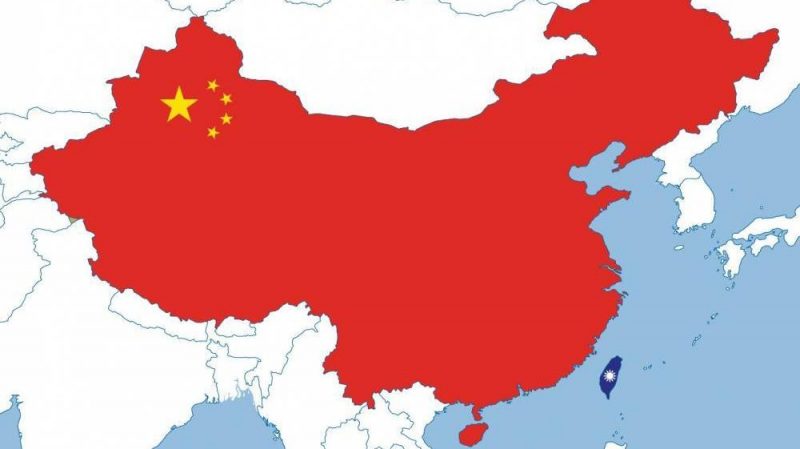12.05.2022, Moscow.
Of course, it is not alone – it was announced on May 8 that the G7 countries were making a similar commitment. It is about a gradual banning of Russian energy resources in general.
A White House report on the outcome of the virtual summit of the United States and other six countries with Zelenskiy said that the participants of this informal association would take care to “do so in a timely and orderly fashion, and in ways that provide time for the world to secure alternative supplies.”
Such talks about “the world” are invariably amusing – one might recall the Chinese Foreign Ministry’s amusing map of what the “world community” looks like from the point of view of the US and its satellites.
But one must bear in mind that the banning of Russian oil is unlikely to be confined to the G7 countries – the US and the “six” will no doubt press other states to join them in another round of anti-Russian sanctions.
On Monday, Japanese Prime Minister Fumio Kishida reiterated the course of banning oil from Russia. What are we even talking about? In 2021 Russia accounted for 3.6% of Japan’s crude oil imports.
By comparison, in the same year Saudi Arabia, the United Arab Emirates, Kuwait and Qatar together accounted for about 90% of total oil supplies to Japan.
Earlier the Japanese authorities decided to phase out the imports of Russian coal. Most probably, the Japanese government intends to ban Russian oil importss following the same pattern – “gradually”, “in stages” and so on.
Kyodo news agency, referring to Kishida’s statement, wrote that Japan “will reduce or stop imports.” In short, the authorities will make these reductions/terminations within an unclear timeframe, but, according to Kishida, “in such a way as to minimize the adverse effects on the lives and business activities” of the Japanese people. At the same time, of course, Kishida also mentioned how difficult the decision was and how important unity of the G7 countries is.
What can be said? For resource-poor Japan, which depends almost entirely on imports, the hypothetical abandonment of Russian raw materials is an unpleasant move.
But again, we are talking about a kind of “gradual” refusal – that is, it is absolutely unclear in what time frame. Secondly, as in the case of coal, you can look at the Japanese government’s sixth strategic plan: to reduce the share of oil in Japan’s energy balance from 7% to 2-3% by 2030.
If, at the very least, oil consumption is to be reduced in that area, then why not at the expense of imports from Russia. Furthermore, according to Industry Minister Koichi Hagiuda, Japan will urge other oil-producing countries to increase production in light of the expected intensification of the international race for resources.
However, as we have seen in the recent past, these calls may go unanswered.
Interestingly, Japan has so far flatly refused, even in words, to withdraw from joint oil and gas projects with Russia in Sakhalin (LNG production). According to Kishida, these projects are vital for ensuring the country’s stable energy supply in the long term. In addition, the Japanese probably do not want to lose investments: the government and Japanese companies own shares in these projects. Nevertheless, given current trends, Japan may abandon this area of cooperation as well – if not in the short term, then in the long term.
Translated from https://t.me/shotday/272




